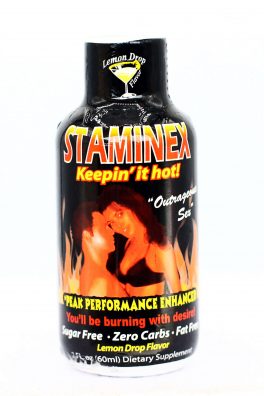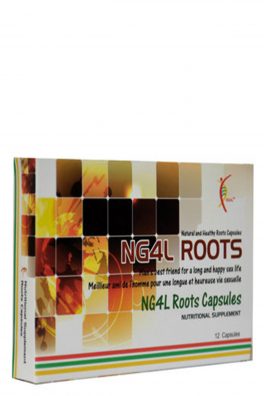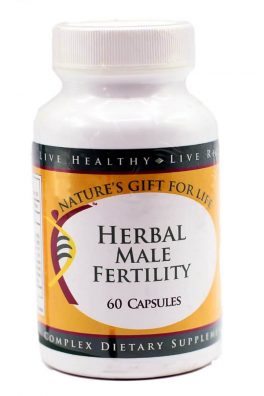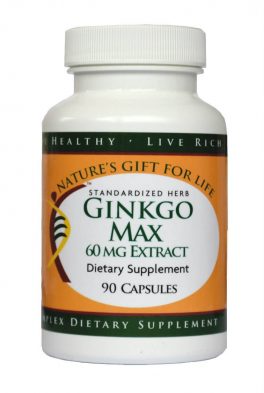Impotence
DOCTORS RECOMMENDED PRODUCTS
-
Impotence
Ng4l Roots (Impotence)
0 out of 5(0)
Benefits of this product for Impotence
- A nutritional supplement designed to treat the causes of male impotence
- Improves sex drive, enhances erectile capacity, increases sexual stamina and staying power, improves control over ejaculation and enhances orgasm and enjoyment
>>>Read More
SKU: n/a -
Impotence
Gingko Max(Impotence)
0 out of 5(0)
Benefits of this product for Gastritis
- Contains a variety of herbs known to increase sexual desire and performance and increase energy and pleasure during sexual activity.
- Improves sexual function rapidly, prevents premature ejaculation
>>>Read More
SKU: n/a - Contains a variety of herbs known to increase sexual desire and performance and increase energy and pleasure during sexual activity.
Sexual dysfunction refers to a problem during any phase of the sexual response cycle that prevents the individual or couple from experiencing satisfaction from sexual activity. Male sexual dysfunction is a problem with one of the four main components of male sexual function (libido, erection, ejaculation, orgasm) that interferes with interest in or ability to engage in sexual intercourse.
The main symptoms of sexual dysfunction are: lack of libido, inability to ejaculate or inability to achieve orgasm, and erectile dysfunction. Impotence is also known as erectile dysfunction (ED) and is one of the most common sexual dysfunctions affecting millions of men worldwide. It is the inability to achieve or maintain an erection adequate enough to perform satisfactory sexual intercourse. ED includes the inability to have an erection as a result of sexual stimulation or loss of erection prior to ejaculation. ED can also involve other problems associated with sexual activity, including premature ejaculation or lack of ejaculation.
While ED is more common in men over 40 years old, younger men may also be affected. It’s one of the most common sexual problems and affects around 1 in 10 men. Half of all men over the age of 40 will experience it at some point in their lives. It becomes more common and severe as men age.
Causes
Impotence can be classified simply under two headings:
• Psychogenic Impotence, which is due to mental factors, or Organic Impotence, which is due to physiological factors (ie. – some form of bodily malfunction). However, there is a complex relationship between the physical and psychological aspects of sexual function. For instance, you may have physical health problems that cause psychological distress, and this may have an additional effect on sexual issues.
• Cardiovascular diseases (such as hypertension, atherosclerosis, and high cholesterol) change the way blood flows to the penis and can cause erectile dysfunction.
• Excessive consumption of alcohol can affect the ability to have and maintain an erection. In the long term, it interferes with the production of the male hormone testosterone, which can reduce your sexual drive and desire.
• Tobacco smoking and illegal drugs are underlying causes of many cases of physiological impotence. Tobacco smoke causes damage to the blood vessels that supply the penis increasing the risk of erection problems. Illegal drugs reduce blood flow to the penis.
• Excessive consumption of dietary fats can clog the small blood vessels that are present in the penis, which can result in impotence.
• A sedentary lifestyle, which contributes to poor cardiovascular fitness, may raise the chances of developing impotence.
Impotence can even be an early warning sign of risk for coronary heart disease.
Nervous system problems: Conditions that affect and damage the nervous system can affect the brain’s ability to respond to sexual
stimulation and cause male impotence. This includes: multiple sclerosis, Alzheimer’s, diabetes, stroke, untreated syphilis, and
Parkinson’s disease. Impotence is common in men who have had surgical treatment for prostate enlargement or prostate cancer.
Impotence often occurs after prostate surgery (prostectomy). Impotence rarely occurs after vasectomy.
Prescription medications: Medications for high blood pressure (including beta blockers, calcium channel blockers, or hydrochlorothiazide), H2-blockers (ulcer medications), and certain antidepressants can have side effects that lead to impotence. Some medications can also affect libido or cause problems with ejaculation and orgasm.
Endocrine and hormone imbalances:
Endocrine and hormone imbalances can cause impotence. This includes conditions such as: diabetes; hyperthyroidism (a high
level of thyroid hormones); hypothyroidism (a low level of thyroid hormones); and hypogonadism (a low level of testosterone).
Trauma/injury or surgery to the pelvis:
Physical damage in the pelvis due to spinal cord injury or prostate surgery (transurethral resection of the prostate, simple
prostatectomy, or radical prostatectomy) can cause ED.
Nutritional issues: Poor nutrition can also lead to impotence or ED if the body is not getting the nutrients it needs to build hormones and maintain general well being.
Healthy Things You Can Do
• Eat a healthy diet rich in fruit and vegetables and low in fat. Eat whole, fresh,
unrefined, and unprocessed foods. Include fruits (lots of richly pigmented berries to support vascular integrity), vegetables, whole grains, soy, beans, seeds, nuts, olive oil, and cold-water fish (salmon, tuna, sardines, halibut, and mackerel).
• Do not smoke, and avoid alcohol, especially before sexual activity.
• Avoid sugar, dairy products, refined foods, fried foods, junk foods, animal fats, and caffeine.
• Avoid stress. Learn healthy techniques for dealing with stress. Aim to reduce stress in your life by looking at the balance between your work and home/leisure time. Relaxation techniques are helpful.
• Explore possible psychological factors, such as fear of intimacy.
• Remember that sexual function changes as one ages, so allow more time for stimulation in order to achieve an erection.
• Regularly monitor and maintain healthy blood sugar, blood pressure, and cholesterol levels.
• Exercise–Participate in moderate intensity exercise (so you feel warm and slightly out of breath) for half an hour, most days of the week. Both aerobic exercise and weight training support the cardiovascular system, increase overall energy, and promote relaxation while at rest.
• Cease using any illegal drugs, as they can cause impotence.
• Do not use the artificial sweetener aspartame as it is known to cause impotence.
• Maintain a healthy weight. Obesity may play a role in impotency or male erectile
dysfunction. The more physical activity you engage in, the better you’ll feel about yourself both in and out of the bedroom.
• Eliminate food sensitivities. Use an elimination and challenge diet to determine food sensitivities.
• Drink 50% of your body weight in ounces of water daily. (e.g., if you weigh 150 lbs, drink 75 oz of water daily).
• Perform Kegel exercises to increase pelvic blood flow and muscle tone.
• If prescription medication side effects may be the cause, get a medical evaluation from a healthcare professional and discuss possible medication alternatives.




